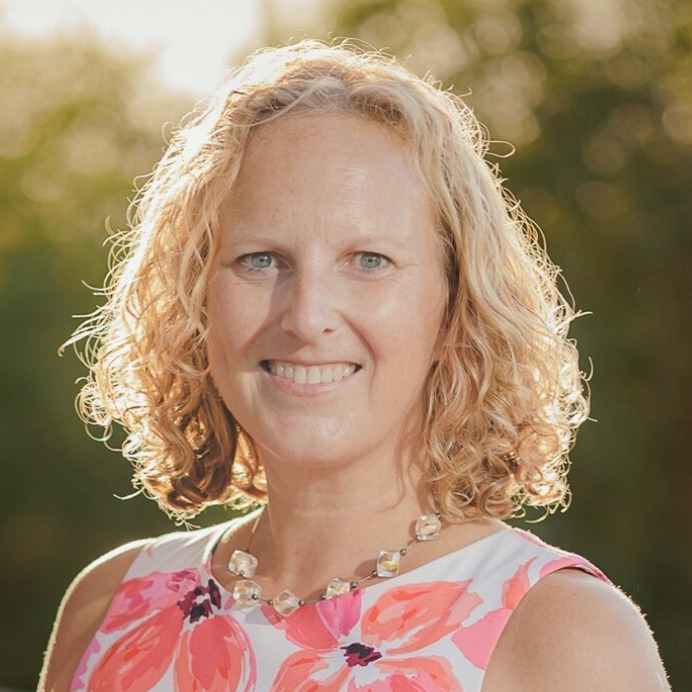 By Natalie Kwadrans
By Natalie Kwadrans
In February 2019, five days after my birthday, I found a tiny, split pea lump in my right breast. I immediately went to my GP, who sent me for a mammogram and ultrasound. The first available appointment was the following week. The mammogram went “squishingly” and then I was shuffled off for my ultrasound. Afterwards, the technician told me they needed to review the images with the radiologist to make sure they had everything they needed. I didn’t really think twice about it as that seemed to be the normal practice during my pregnancy. The radiologist came in and told me he was extremely concerned with what he was seeing and wanted to do two things:
- Immediately refer me to Alberta Health Services’ Breast Health Program, and
- book a biopsy, which they could do on-site at the radiology clinic I was at.
He said he would send everything to my GP, but this would expedite the process, so I didn’t have to wait on speaking to my GP once he got the results. They had a spot for a biopsy early the following week. I was supposed to travel for business, but now I was worried. I took the appointment and subsequently cancelled my business trip. I’m glad I followed my gut. It turned out that I had stage 4 de novo (meaning “at initial diagnosis”) metastatic breast cancer (MBC). How could this be? I was “too young” to get breast cancer and didn’t qualify for a mammogram unless I found something. Which I did. And it was terminal from the moment I found it. I was given two to three years to live. I was floored.
I went home and told my husband at the time. We struggled to figure out what and how to tell our two and a half-year-old son and five-year-old daughter the news. We decided to wait until I could speak with the Psychosocial Oncology department and connect with Wellspring Cancer Support Alberta. Wellspring had some age-appropriate books we could read to the kids to explain that I was sick with a disease called cancer, explaining what it was, and the impact treatments would have on me. My son was too young to really understand, but my daughter was terrified and full of questions.
Since my diagnosis, I’ve struggled to find resources to prepare myself and my family for what lay ahead. I’m not referring to treatment plans and side effects. Those were clear! I’m talking about the impacts to my larger family, such as how my young kids processed what was happening, the impact to my entire family’s life because of the ups and downs as I went through during the various treatments, impacts to friendships for both my kids and I, fear of the unknown and what would happen, etc.
Last year, I took a course called “Digital Storytelling” through Wellspring Alberta Cancer Support. I decided I would tell a story about an incident that happened to my daughter because of my cancer. Because it was about my daughter, I wanted to make it kid friendly, and that is how the animated cartoon strip idea came about. But as I built it out and got feedback from the Wellspring facilitators, other cancer patients who are parents of young children, and professionals in the oncology field, I was encouraged by the feedback. What was supposed to be a simple video has somehow transformed itself into a larger project.
While there are a ton of resources that explain cancer and treatments to a child whose parent was diagnosed with it, I wasn’t able to find anything that talks about what and how their parent’s diagnosis will impact them. That’s when I decided to make this the first of many stories, and it will be the beginning of the “Mommy Has Cancer” series. This series will follow the lives of fictional characters Val (mom), Isabelle (daughter) and Simon (son) as they learn about the changes and reality of living in a family where their mom has cancer. I wanted to give other children living with a mom diagnosed with breast cancer a resource, and I wanted to leave my children a legacy and something they could turn to after I was gone. These stories are intended to help parents have age-appropriate conversations with their children about potential experiences they may face, emotions they may have or changes they may see. I would have loved to have access to something like this when I got my diagnosis. It’s hard enough having cancer. It’s even harder parenting (and in my case now, single parenting) while going through treatment. If I can make one family’s life easier because they had insights I now have, then I will be successful.
“Mommy Has Cancer” is a free resource. You can find links to the comic and YouTube videos, along with Natalie’s blog, at MommyHasCancer.ca.






